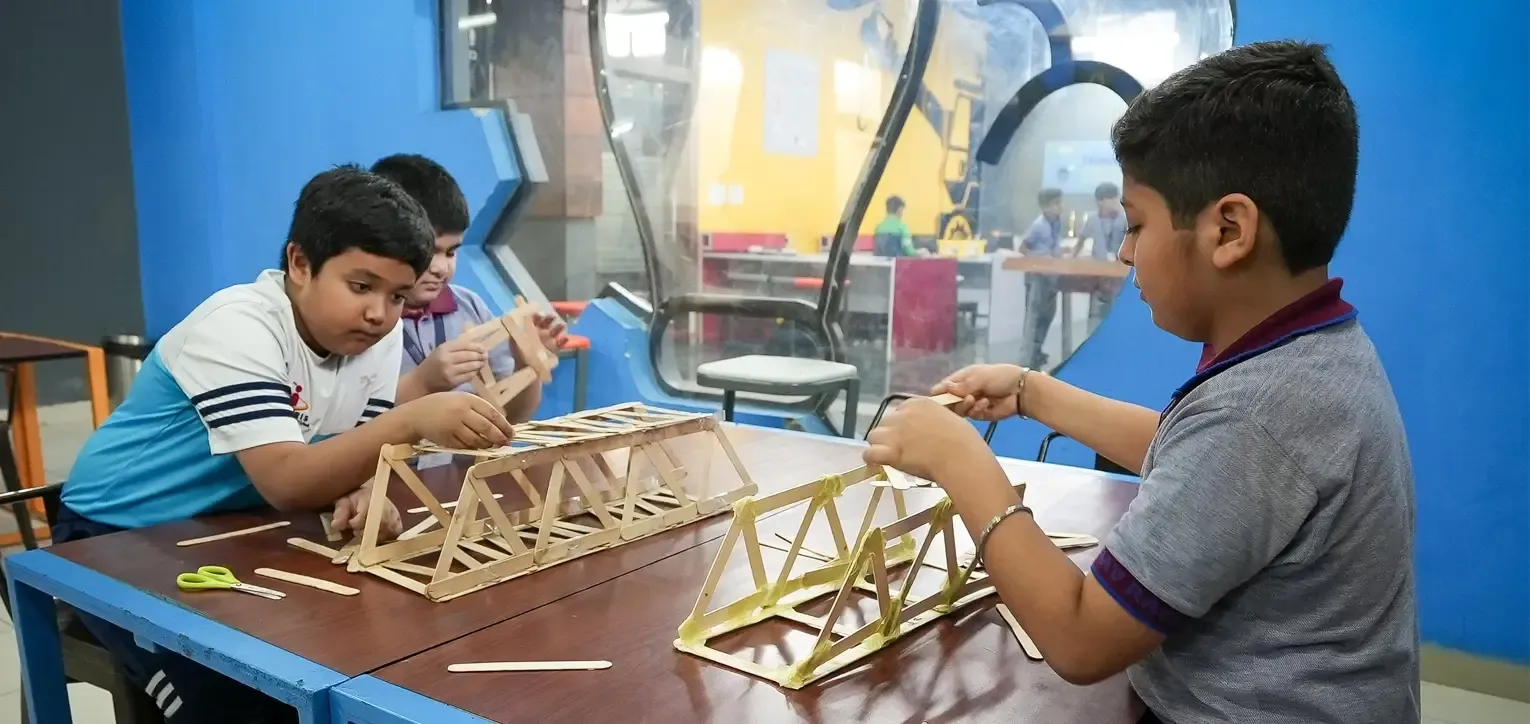Education is the best thing you can gift to people. It is the premise of progress, in every society, in every family. “Education is not preparation for life; education is life itself.”…(John Dewey) The child is instructed both at home and in school. He begins getting information at home when he is born, from the individuals around him, his family. As he grows up, let’s say, at the age of 2.5 years, he is placed into a decent school where he gets increasingly more data, that is, he gets information as formal training. School is where he is taught with the conventional strategies, in a proper setting and with all the resources necessary to give him theoretical as well as realistic knowledge. “The work of education is divided between the teacher and the environment.”…(Maria Montessori) In the present situation, it is very notable how significant and demanding the Nursery admission interview has become. There is a frantic surge of placing your child in the best school to get the best instruction and interviews are led from pre-nursery or pre-primary levels for both the child and the parents. There is a lot of peer pressure on the parents, with regard to the selection of school for their ward, which is quite noticeable, as you find them researching for the best school around their place, where the child can receive the best training. For the parents, the interview for their ward’s admission might just include questions about the hobbies and interests of the child, his routine at home, his basic nature, etc. Despite the fact that this procedure mostly allows the schools to check the degree of competencies of the child, it likewise assists with getting knowledge about the child that goes far beyond the academic part. To facilitate the child at the hour of the nursery admission interview, it is smarter to set him up for the same ahead of time. The child’s interview is usually designed in a way that enables the faculty to have a smooth interaction with the child and observe whether he/she is able to: A balance between what is taught to the child at home and what he learns in school forms the foundation of his growing up. Schools follow a child-centric and holistic approach, which caters to the overall personality development of the child, right from his early years till he reaches the higher secondary level. Written by:- Ms. Priyanka Nagpal, Pre-Primary Teacher, MRIS, NoidaNursery Admission Interview Questions and Answers for Child




